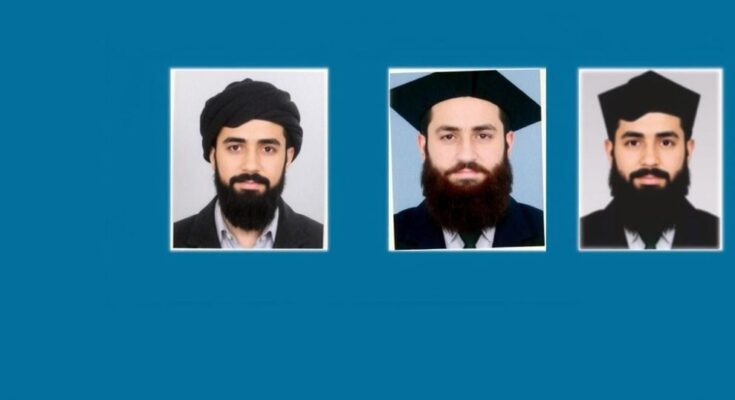UAE authorities identified three Uzbek nationals as suspects in the murder of Rabbi Tzvi Kogan, arrested following the discovery of his body. The suspects are currently under investigation to uncover the motives behind the crime, which Israeli officials have described as an anti-Semitic attack. The incident raises concerns about religious tolerance in the UAE, which has a small Jewish community.
On Monday, the authorities of the United Arab Emirates (UAE) announced the identities of three suspects arrested in connection to the murder of rabbi Tzvi Kogan, who was based in the UAE. The Ministry of Interior confirmed that all suspects are Uzbek nationals and provided their names, identifying them as Olimboy Tohirovich, Makhmudjon Abdurakhim, both aged 28, and 33-year-old Azizbek Kamilovich. This arrest followed the discovery of Rabbi Kogan’s body by security personnel and is under investigation to determine the motives and circumstances surrounding this crime. Israeli officials have classified the act as a terrorist attack motivated by anti-Semitism.
The murder of Rabbi Tzvi Kogan, a member of the Chabad Hasidic movement, has raised significant alarm within both the UAE and the global Jewish community. The rabbi was known for his outreach and community engagement efforts. The UAE, which has a reputation for safety and religious tolerance, has faced scrutiny as it has normalized relations with Israel under the Abraham Accords, a series of agreements brokered by the United States that have reshaped diplomatic relations in the region. The small yet notable presence of Jews in the UAE, estimated to be around 4,000, underscores the implications of such a crime in a nation unaccustomed to violence towards religious minorities historically.
The identification and arrest of the suspects in the murder of Rabbi Tzvi Kogan signify the UAE’s commitment to addressing violent crimes, particularly those perceived as attacks on religious communities. As investigations continue, the incident poses serious questions about security and the dynamics of religious tolerance in a country striving for international standing. The global and local response to this murder will likely have significant ramifications for community relations within the UAE and for its diplomatic ties with Israel.
Original Source: www.france24.com




